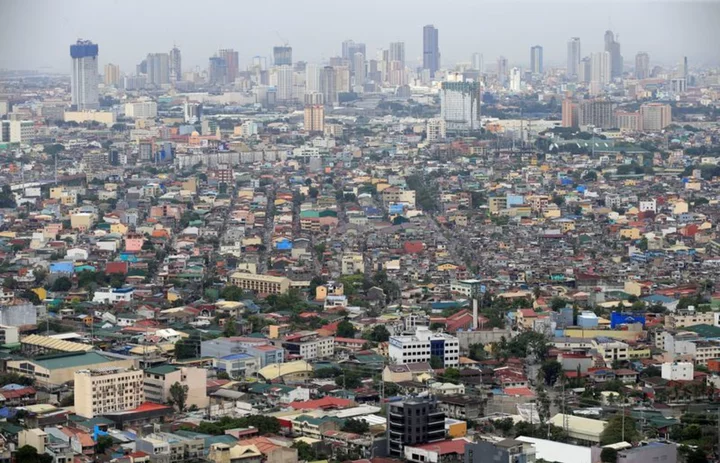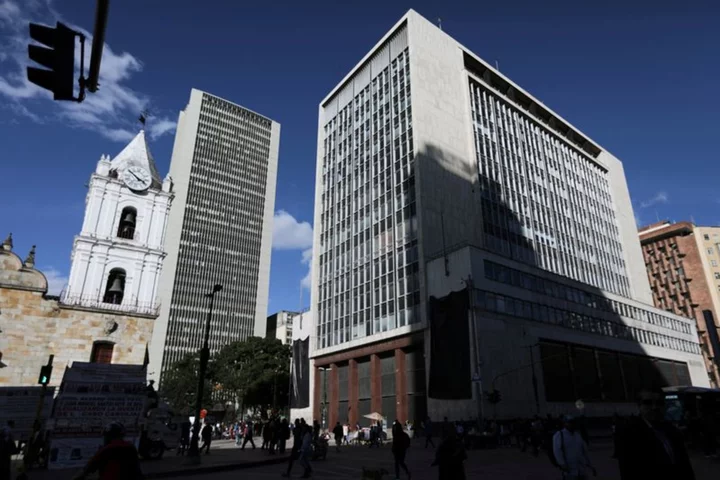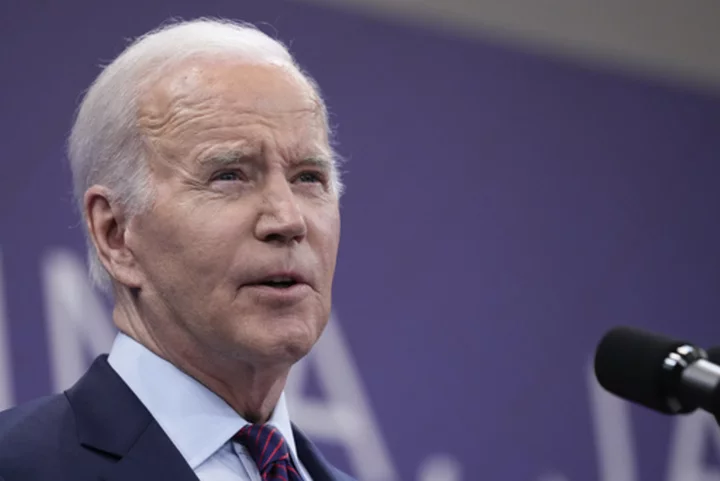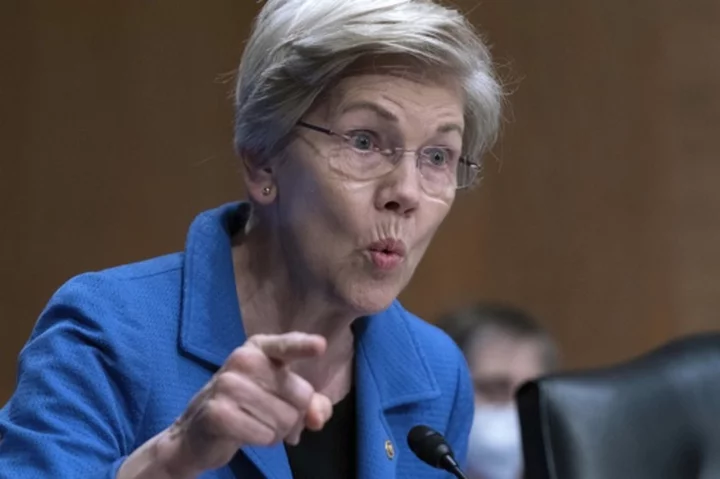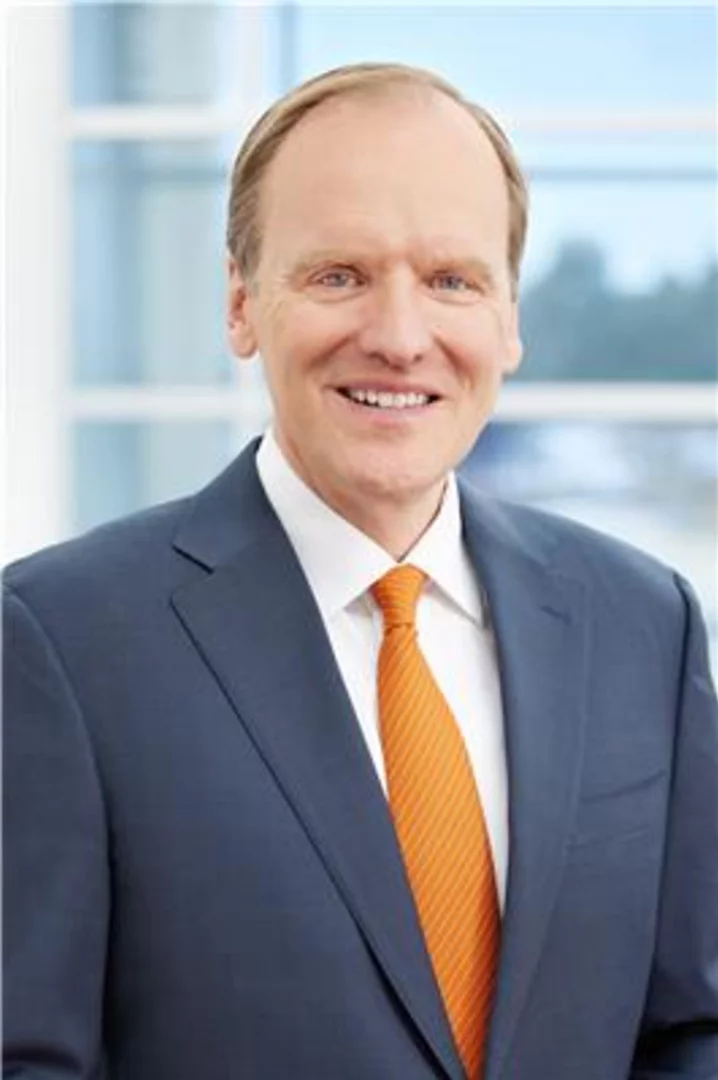By Neil Jerome Morales and Mikhail Flores
MANILA (Reuters) -The Philippine economy rebounded strongly in the third quarter, supported by a recovery in government spending, but higher interest rates and weak global growth could make it difficult to sustain the momentum.
Gross domestic product (GDP) grew by 5.9% in the September quarter from last year, surpassing the 4.7% forecast in a Reuters poll, helped by a turnaround in government spending offsetting a slowdown in household consumption.
Like many countries, the Philippines has been grappling with soaring inflation that has dampened demand and has forced the central bank to aggressively raise interest rates at the expense of growth.
But the economic planning secretary, Arsenio Balisacan, was optimistic about the growth outlook, saying a 6%-7% growth target set by the government was "still doable" and "within reach."
To reach the lower end of the goal, Balisacan said the economy would have to grow 7.2% in the last quarter, which he said was not impossible as long as the government sustained robust spending and inflation stays on a downtrend trend.
Balisacan said inflation remained a challenge as it dampened household consumption, which grew at a slower pace of 5.0% in the July to September period, the weakest in two years, from 5.5% in the second quarter.
But government spending in the third quarter grew 6.7%, reversing the previous quarter's annual decline of 0.7%.
On a quarter-on-quarter basis, GDP expanded 3.3%, better than economists' expectations of 2.0% growth and the previous quarter's 0.9% contraction.
Following the Philippines' faster-than-expected growth in the third quarter, Capital Economics revised its full-year growth forecast this year to 5.0% from 4.0% previously, but it did not share Baliscan's optimism.
"With the drag from higher interest rates yet to filter through the economy in its entirety and global demand likely to weaken, we expect below trend and below consensus growth in the coming quarters," Capital Economics said in a note.
Annual inflation slowed for the first time in three months in October, to 4.9% from 6.1% the previous month, but with risks to the inflation outlook on the upside, the central bank has said it is ready to take further policy action to tame prices.
The central bank, which on Oct. 26 delivered an off-cycle 25 basis point interest rate increase, will meet on Nov. 16 to review policy.
(Writing by Karen Lema; editing by Robert Birsel)

